Discovering the Unique Beauty of UAE's Bedouin Culture!
If you’ve ever wanted to explore the captivating culture of the UAE, then you won’t want to miss out on the incredible Bedouin culture that has been around for centuries.
This indigenous tribe is one of the oldest in the world and has unique customs, traditions, and even cuisine. From traditional clothing to music and art, I’m going to explore the beauty of UAE’s Bedouin culture. miss helpers
Introduction to UAE's Bedouin Culture
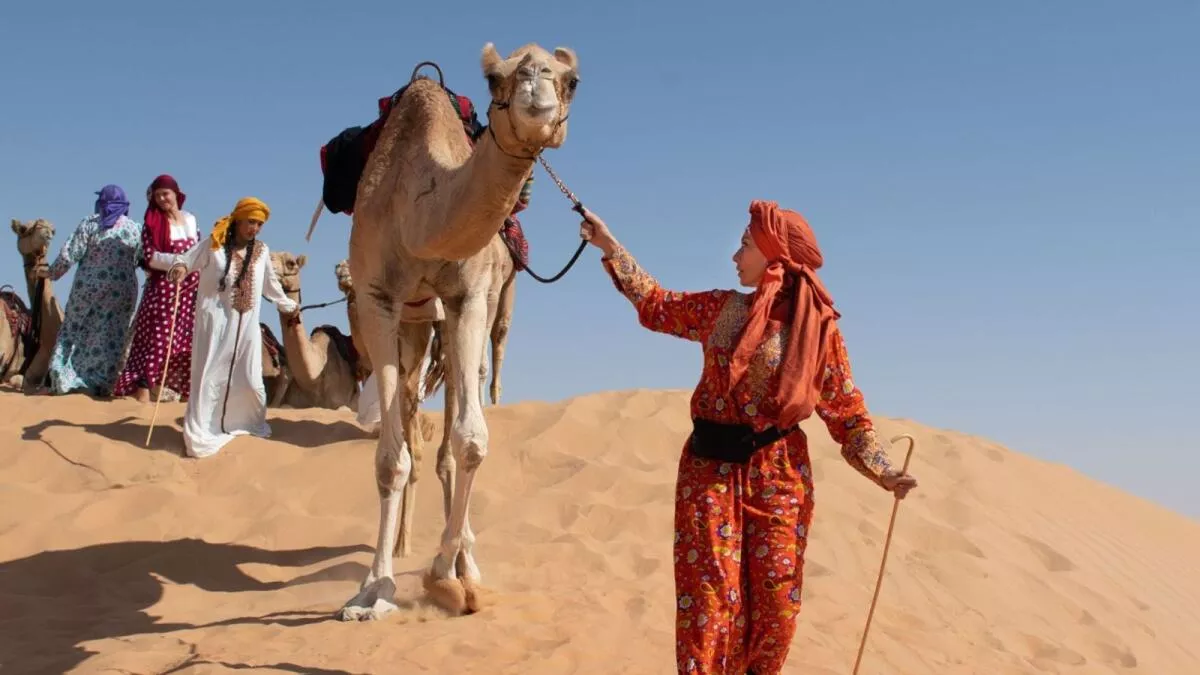
The Bedouins are a nomadic Arabic tribe that has lived in the Middle East for centuries. They are traditionally associated with the desert and are renowned for their hospitality and a strong sense of community. The Bedouins are highly respected in the UAE and they have had a significant impact on the country’s culture and traditions. miss helpers
UAE’s Bedouin culture is an important part of the nation’s history and is a source of pride for many locals. Bedouins are known for their resilience and resourcefulness and have adapted to the harsh desert environment. The Bedouins have a deep appreciation for the environment and have developed a unique lifestyle that is deeply rooted in tradition. miss helpers
Can Like This: UAE Cultural Heritage sites
History of Bedouin Culture

Bedouin culture has been around for centuries and has played an important role in the development of the UAE. The Bedouins were some of the first settlers in the region and their presence can be traced back to the 7th century. miss helpers
The Bedouins were originally nomadic pastoralists and they traveled around the desert in search of pasture for their herds. They were also skilled traders and were responsible for transporting goods between different regions. Over time, they began to settle in various parts of the UAE and their culture began to take root.
The Bedouins were a major source of power and influence in the region and they had a significant economic and political impact. They were highly respected by the rulers of the region and were often consulted on important matters. The Bedouins were also renowned for their hospitality and generous nature.
Traditional Bedouins Clothing
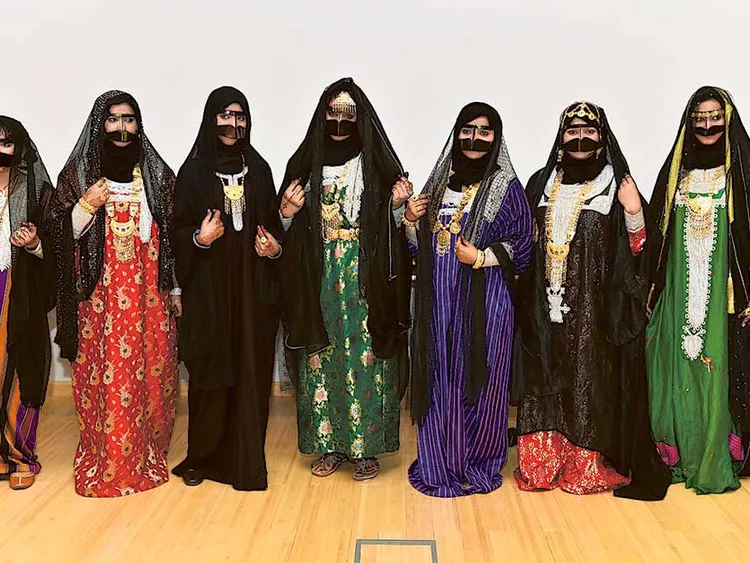
The Bedouins have a unique style of traditional clothing that reflects their culture and lifestyle. The traditional clothing of the Bedouins is designed to protect them from the harsh desert environment. The clothing is typically made from lightweight fabrics such as cotton or linen and it is usually loose-fitting to allow for air circulation. miss helpers
The traditional clothing of the Bedouins includes long flowing robes, headscarves, and turbans. Women typically wear long robes with intricate designs and colorful scarves. Men wear long white robes and turbans. The traditional clothing of the Bedouins is designed to keep them cool in the desert heat and also to protect them from the sun. miss helpers
Bedouin Customs and Traditions
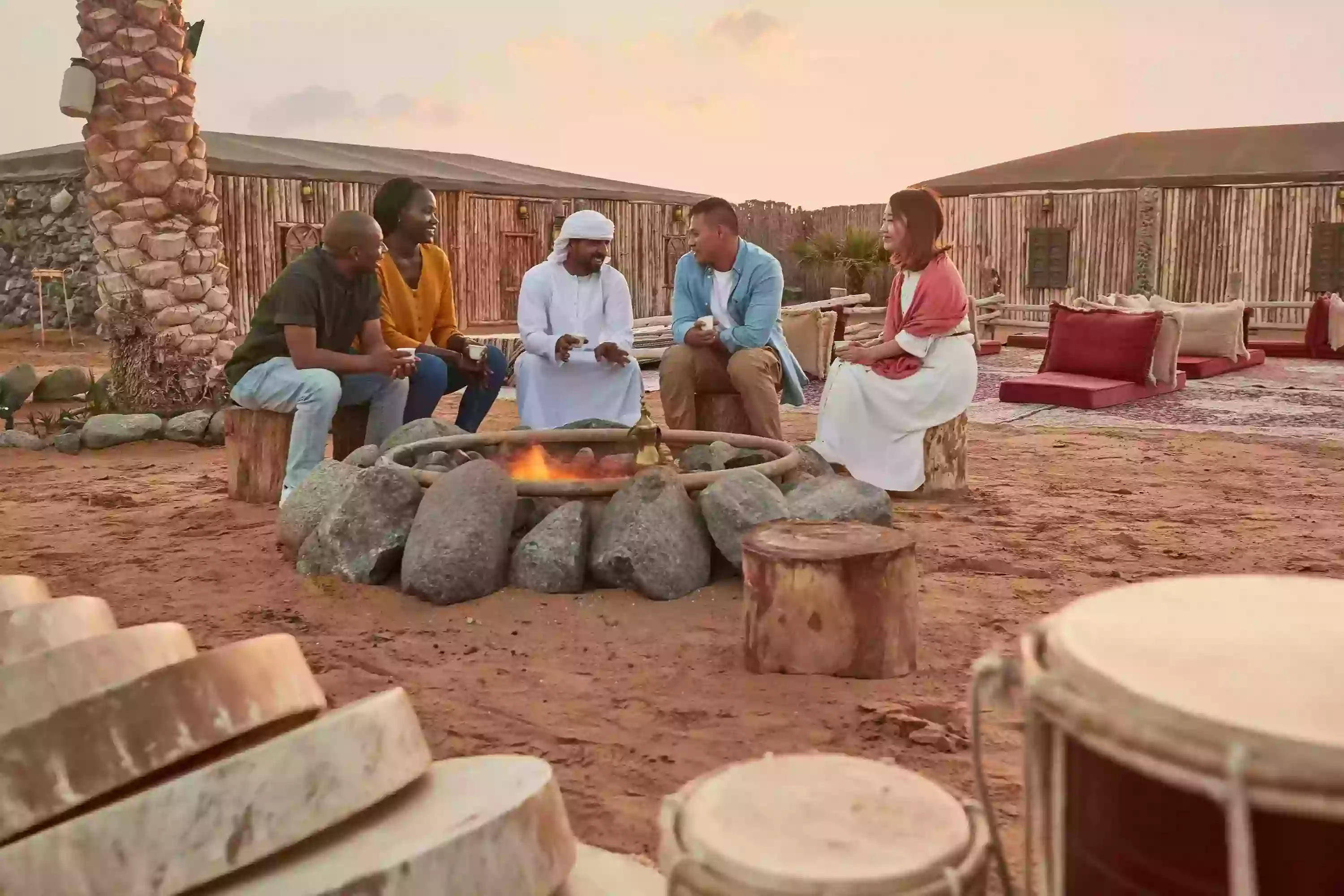
The Bedouins have a strong sense of community and their culture is based on customs and traditions that have been passed down from generation to generation. The Bedouins have their own unique set of customs and traditions that are still observed today.
One of the most important customs of the Bedouins is hospitality. They believe that they must welcome strangers into their homes and offer them food and shelter. This tradition of hospitality is an important part of Bedouin culture and is still practiced today.
Another important Bedouin tradition is the concept of honor. The Bedouins have a strong sense of honor and they believe that a person’s reputation is more important than anything else. They also believe that a person must always keep their word and never break a promise.
Bedouin Cuisine
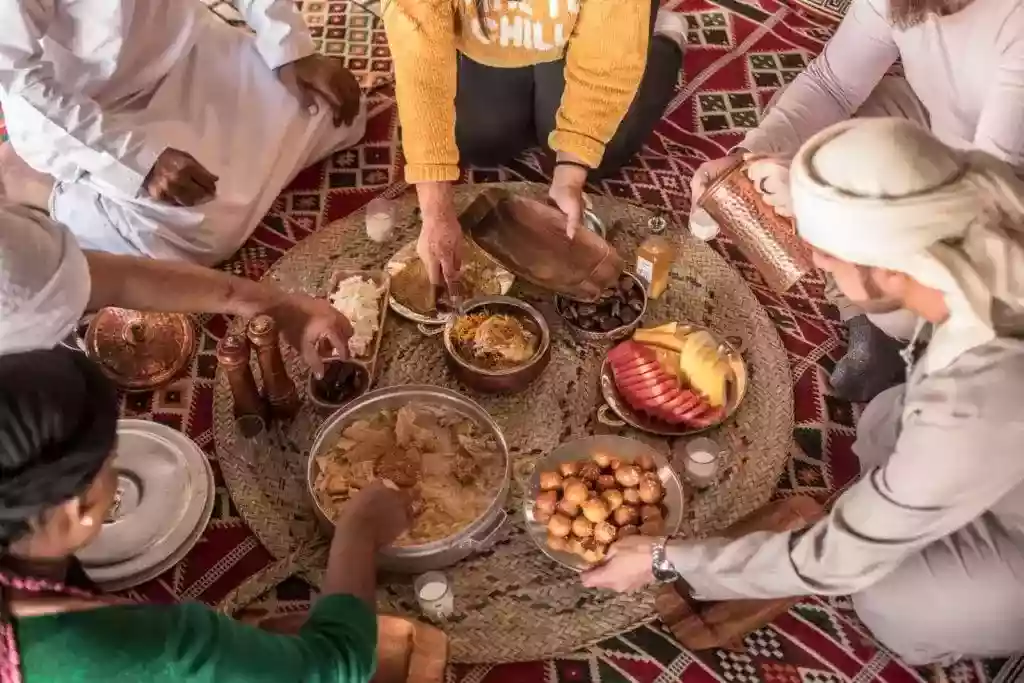
Bedouin cuisine is an important part of Bedouin culture and it reflects the environment and the lifestyle of the Bedouins. The Bedouins have developed recipes that are designed to make the most of the limited resources of the desert.
The Bedouin diet consists of simple dishes such as flatbreads, rice, and stews. Meat is also an important part of the Bedouin diet and is usually cooked in a stew or grilled over an open fire. Bedouin cuisine is traditionally prepared using simple ingredients that are easy to find in the desert environment.
The Bedouins also have a sweet tooth and they enjoy eating a variety of sweets such as baklava and kunafa. These desserts are usually served with strong Arabic coffee or tea.
The Significance of Hospitality in Bedouin Culture
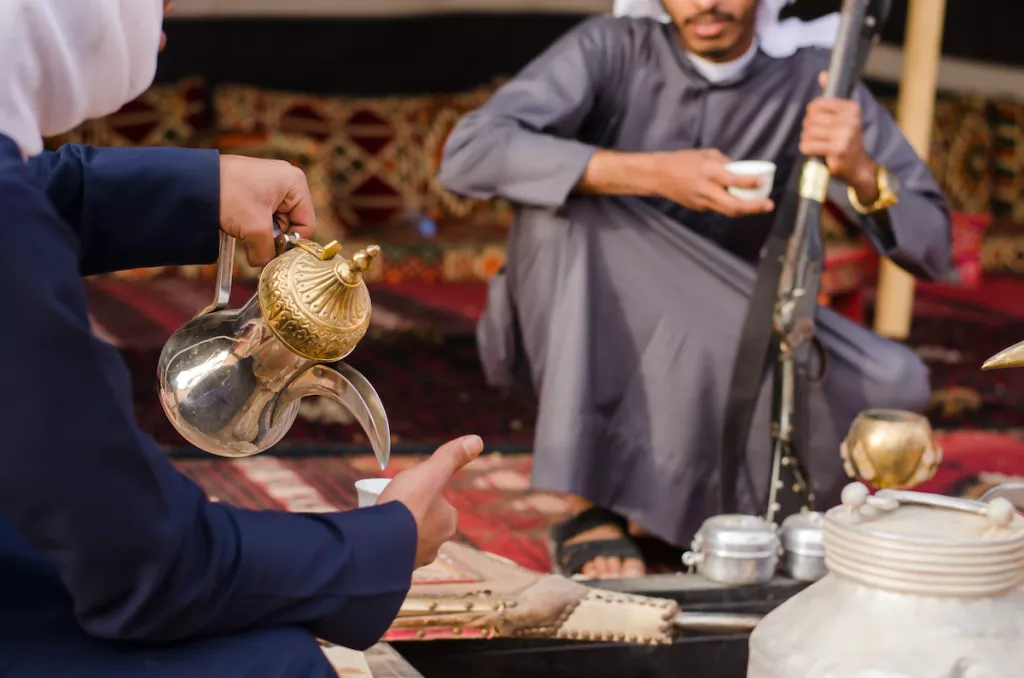
Hospitality is an important part of Bedouin culture and it is a reflection of the Bedouins’ generous nature. The Bedouins believe that they must welcome strangers into their homes and offer them food and shelter. This tradition of hospitality is an important part of Bedouin culture and is still practiced today.
The Bedouins are renowned for their hospitality and they are always willing to help those in need. This is an important part of their culture and it reflects the Bedouins’ sense of community and compassion. Hospitality is a way for the Bedouins to show respect for their guests and it is a reflection of their generous nature.
Bedouin Music and Art

Bedouin music and art are an important part of Bedouin culture and they reflect the Bedouins’ love of life. Music is an important part of Bedouin culture and it is often used to express emotion and tell stories. Bedouin music is typically upbeat and lively and it often features drums and other traditional instruments.
The Bedouins are also known for their art and they have a deep appreciation for the beauty of the desert. Bedouin art often features intricate designs and bright colors. The Bedouins also have a unique style of jewelry that reflects their culture and lifestyle.
Bedouin Social Structure and Leadership

The Bedouins have a unique social structure and it is based on a system of tribal leaders. These leaders are responsible for the day-to-day activities of the tribe and they are often consulted on important matters. The Bedouins also have their unique system of law and they have strict rules and regulations regarding how the tribe should be governed.
The Bedouins have a strong sense of community and they are known for their unity and solidarity. This sense of unity is an important part of Bedouin culture and it is reflected in the tribe’s social structure and leadership.
Endangered Bedouin Traditions

The Bedouins’ traditional way of life has come under threat in recent years. The Bedouins face several challenges, such as population growth, urbanization, and environmental degradation. These challenges have put the Bedouins’ traditional way of life at risk, and many of their customs and traditions are in danger of being lost.
The Bedouins’ traditional way of life is integral to the UAE’s culture and should be preserved. The Bedouins are an essential part of the UAE’s history, and their culture is a source of pride for many locals. We must work to protect the Bedouins’ traditional way of life and ensure that their customs and traditions are not lost.
Conclusion
UAE’s Bedouin culture is integral to the nation’s history and a source of pride for many locals. The Bedouins have a unique culture deeply rooted in tradition, from traditional clothing to music and art. The Bedouins are renowned for their hospitality and generosity, and their culture is based on customs and traditions passed down from generation to generation. Unfortunately, the Bedouins’ traditional way of life is under threat, and we must work to protect their customs and traditions.
If you want to get a deeper understanding of UAE’s Bedouin culture, then I highly recommend you take the time to explore it. From traditional cuisine to music and art, the Bedouins have much to offer, and their culture is an integral part of the UAE’s history. So, if you want to experience the unique beauty of UAE’s Bedouin culture, don’t miss out on this incredible opportunity.


















